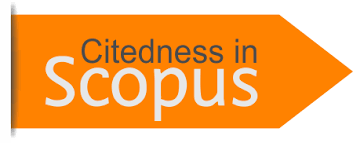Muslim Higher Education System and Institutions in Uganda
Keywords:
Muslim, Higher Education, Curriculum, UgandaAbstract
Since the inaugural World Conference on Muslim Education in Makkah (1977), significant recommendations have been made to reform Muslim education systems, particularly through the Islamization of knowledge. As a member of the Organisation of Islamic Cooperation (OIC), Uganda was expected to adopt these reforms within its Islamic institutions of higher learning. This study evaluates the extent to which such institutions in Uganda have implemented the Islamization of knowledge and integrated it into their academic curricula. Employing a systematic seven-step review methodology, the research analyzed publicly available curricular data submitted to the Uganda National Council for Higher Education (UNCHE) and compared program offerings from recognized Islamic institutions in Uganda. Findings reveal that only three institutions—Islamic University in Uganda (IUIU), Islamic Call University College (ICUC), and Al-Mustafa Islamic College (AIC)—are formally recognized. IUIU is fully registered, while ICUC and AIC hold provisional status. Of the 104 programs offered by IUIU and 25 by AIC, none demonstrate substantial incorporation of Naql (revealed knowledge) alongside Aql (acquired knowledge). The curricula predominantly reflect secular frameworks, with limited visibility of Islamic epistemological integration as envisioned by the 1977 Makkah Conference. This study concludes that the Islamization of knowledge in Uganda’s Islamic higher education institutions remains underdeveloped. The current curriculum reform trajectory falls short of achieving the comprehensive objectives of Islamic education, underscoring the need for a more balanced integration of Qur’anic principles, rational inquiry, and empirical sciences to meet the holistic educational needs of Muslim learners.















